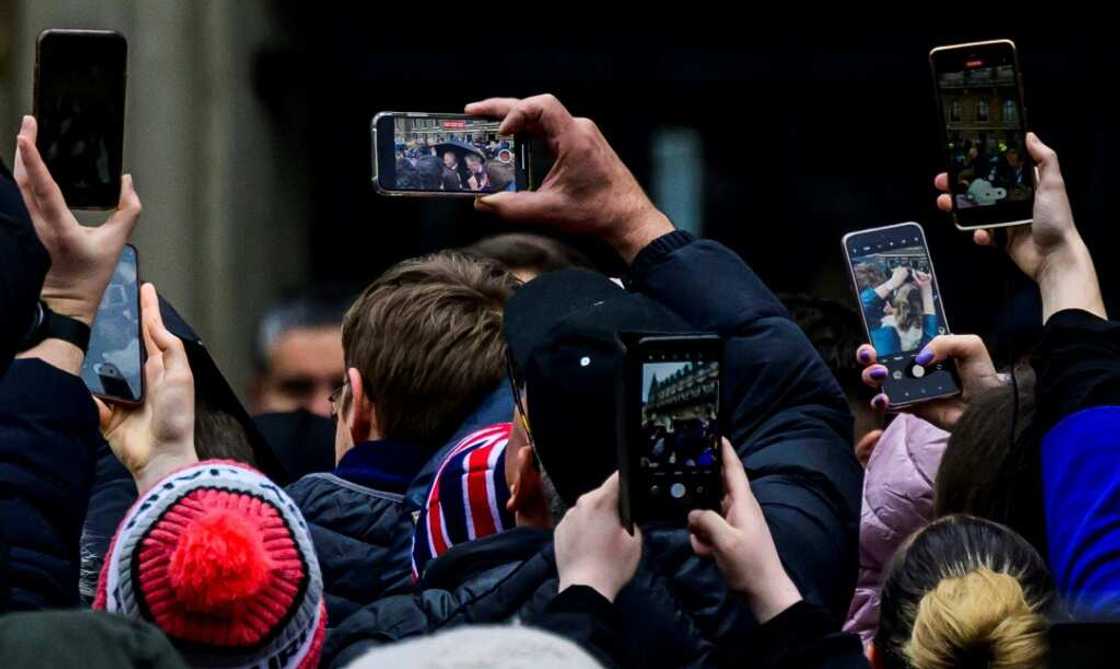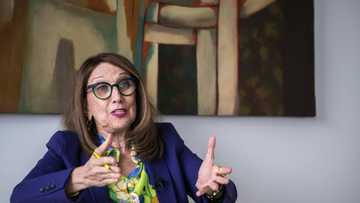Quarter of UK 5 to 7-year-olds have smart phone: study

Source: AFP
Around a quarter of British children aged between five and seven-years-old now have a smart phone, a study by the UK communications regulator said on Friday.
The findings come as parents have started to push back against the trend for giving younger children access to the devices.
Research by the Ofcom authority found that 38 percent of children in the age group were using social media platforms such as TikTok, Instagram and Whatsapp despite rules requiring users to be at least 13.
The study also found that the number of the same age watching live-streamed content rose from 39 percent to around half.
Ofcom said parental concerns appeared to have increased considerably but "enforcement of rules appears to be diminishing".
It said this could be due to a sense among adults of "resignation about their ability to intervene in their children's online lives".
Science Minister Michelle Donelan described the findings as "stark".
Online safety legislation passed by parliament last October aims to crack down on harmful content, including online child sex abuse.
"Children as young as five should not be accessing social media," Donelan said.
"Most platforms say they do not allow under-13s onto their sites and the (Online Safety) Act will ensure companies enforce these limits or they could face massive fines," she added.
'Massive pressure'
Under the new law tech companies could face fines of up to 10 percent of global revenue for rule breaches and bosses could be jailed.
The study follows a massive reaction from UK parents this year after one mother's Instagram post when viral.
Daisy Greenwell posted that she was horrified to learn from another parent that her 11-year-old son had his own smart phone, as did a third of the boy's class.
"This conversation has filled me with terror. I don't want to give my child something that I know will damage her mental health and make her addicted," she wrote.
"But I also know that the pressure to do so, if the rest of her class have one, will be massive," she added.
Thousands of parents immediately got in contact to share their own fears that the devices could open them up to predators, online bullying, social pressure and harmful content. It resulted in the launch of the Parents United for a Smartphone Free Childhood campaign.
US author Jonathan Haidt -- whose recent book "The Anxious Generation" says smart phones have rewired children's brains -- has urged parents to act together on smart phone access for kids.
A child "breaks our heart" by telling us they are excluded from their peer group by being the only one without a phone, he said last month. Haidt advocates for no smart phones before the age of 14 or social media before 16.
"These things are hard to do as one parent. But if we all do it together -- if even half of us do it together -- then it becomes much easier for our kids," he added.
PAY ATTENTION: Stay Informed and follow us on Google News!
Source: AFP





